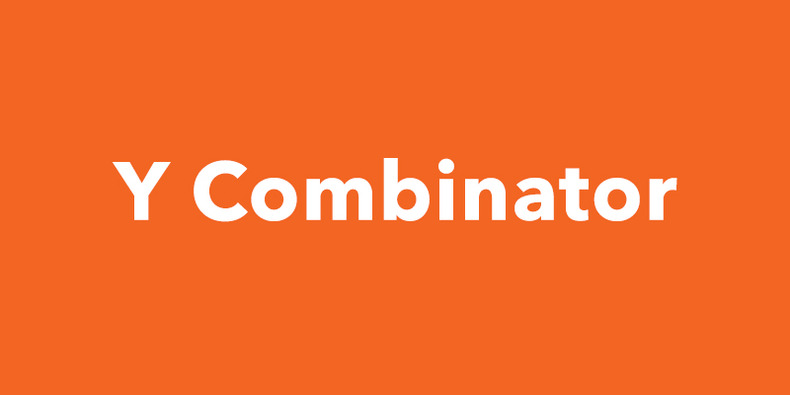Founder Lesson
If you are a first-time founder considering launching a startup, here’s the first question that I’d recommend you ask yourself...
Do you really want to be a founder?
In this podcast a serial entrepreneur comments on what it truly means to be a founder.
Here are some of his points…
- Income. There are only three ways to finance your new idea…(1) your money, (2) friends/family money and (3) professional money (eg angels, VCs). Until you have real customer traction, #3 WILL NOT happen. And most people want the business to get some traction before going to friends and family. This means that the first 6-18 months will be funding from the founding team. So you need to be prepared for zero income (actually…burning savings) for longer than you'd expect.
Side note: As David Cummings correctly points-out here, services work could also be a good 4th way to finance your startup, but it can suck up as much time as a full-time job if you aren't careful.
Dedication. Is this a problem that you can’t stop thinking about? There will be many dark moments and - in my experience - passion for the idea is what gives you the strength to keep going during the darkest moments of the first 6-18 months.
History. The founder in this podcast says that most founders have always been founders and I tend to agree. In other words, they’ve exhibited behaviors like being self-starters and extremely curious their entire lives.
Still unsure? Join a startup. The founder ends by saying that if you are still unsure then join an existing startup to get a feel for it.
I would add three other founder characteristics to this list...
Can you inspire? For a very long time (maybe forever), you’ll have to weave the dream
about your startup when reality isn’t anywhere close to your vision. The ability and desire to continually inspire in this way is rare, but very necessary.Creating your own weather. Related to the ability to inspire is the ability to make things happen. You’ll have no boss. There will be no external pressure. What you do every minute of every day will be 100% in your control. This might sound great if you are sitting in a cube at a big corporation, but this type of environment is very unfamiliar/difficult/unsettling for most people. Not only do you need to make progress under these circumstances, but you need to “create your own weather”…constantly manhandle results to keep momentum going.
Being able to accept failure. From Atlanta-based founder Jason Sosnovsky, "starting a company can f@$%ing suck. The minute-to-minute, hour-to-hour, day-to-day is hard. A year or two removed, it's just described as 'hard' but in the moment, it sucks."
Being the person to have an idea and taking the necessary steps to insure that this idea gets into the world (otherwise known as “being a founder”) takes specific characteristics and isn’t for everyone.
Get Right to the Lesson
I’d recommend listening to the entire thing, but to get right to the point go to minute 51:04 of this podcast.

Thanks to these folks for helping us all learn faster
Roger Dickey (@rogerdickey), founder of Gigster (@trygigster)
Y Combinator (@ycombinator)
Paul Graham (@paulg) of YC (@ycombinator)
Kat Manalac (@KatManalac), Partner at YC (@ycombinator)
Aaron Harris (@harris), Partner at YC (@ycombinator)
WhartonBusinessRadio (@BizRadio111)
Please let me and others know what you think about this topic
Email me privately at dave@switchyards.com or let's discuss publicly at @davempayne.
The best startup advice from experienced founders...one real-world lesson at a time.
